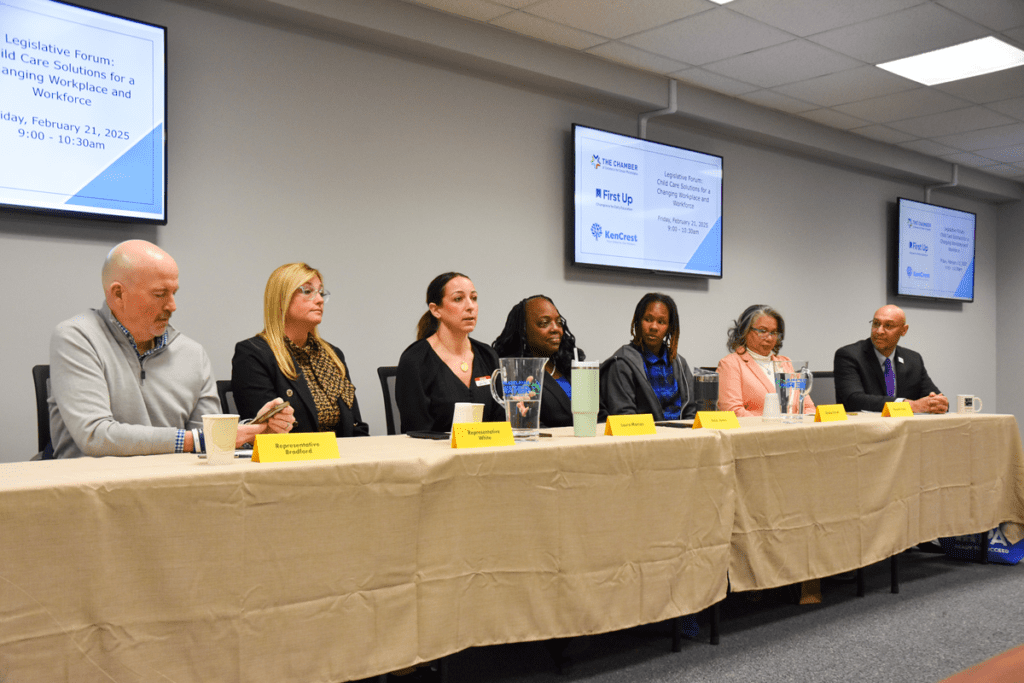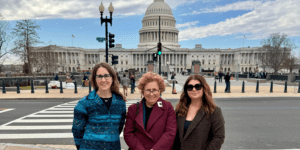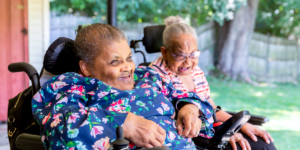KenCrest’s leadership team is closely monitoring recent changes to Medicaid coverage.
In 2025, proposed federal budget cuts threaten to slash up to $880 billion from Medicaid over the next decade—a move that could profoundly impact millions of Americans, especially individuals with intellectual and developmental disabilities (I/DD). For these individuals, Medicaid isn’t just health insurance; it’s a vital support system that enables access to therapies, personal care, and community-based services essential for daily living. Without it, many face the risk of losing their independence, being forced into institutional care, or going without necessary treatments.
As debates continue in Congress, the future of Medicaid hangs in the balance, with real consequences for those who rely on it most. Continue reading to understand what Medicaid is, why it matters for people with I/DD, and what’s at stake if these cuts become reality.
What is Medicaid, and who does it help?
Medicaid is a joint federal and state program that offers health coverage to low-income individuals, including children, pregnant women, seniors, and people with disabilities. For those with I/DD, Medicaid is often the only way to access essential care, like home support, therapies, and community services that aren’t covered by private insurance.
In 2020, nearly 6 million people in the U.S. relied on Medicaid Long-Term Services and Supports, of which 4 million used only home and community-based services (HCBS). This program helps those with I/DD access resources that allow them to live in their community, rather than a care facility.
What kinds of services does Medicaid cover for people with I/DD?
Medicaid is more than just health insurance. It funds critical long-term services that help people with I/DD live with dignity and independence. These include:
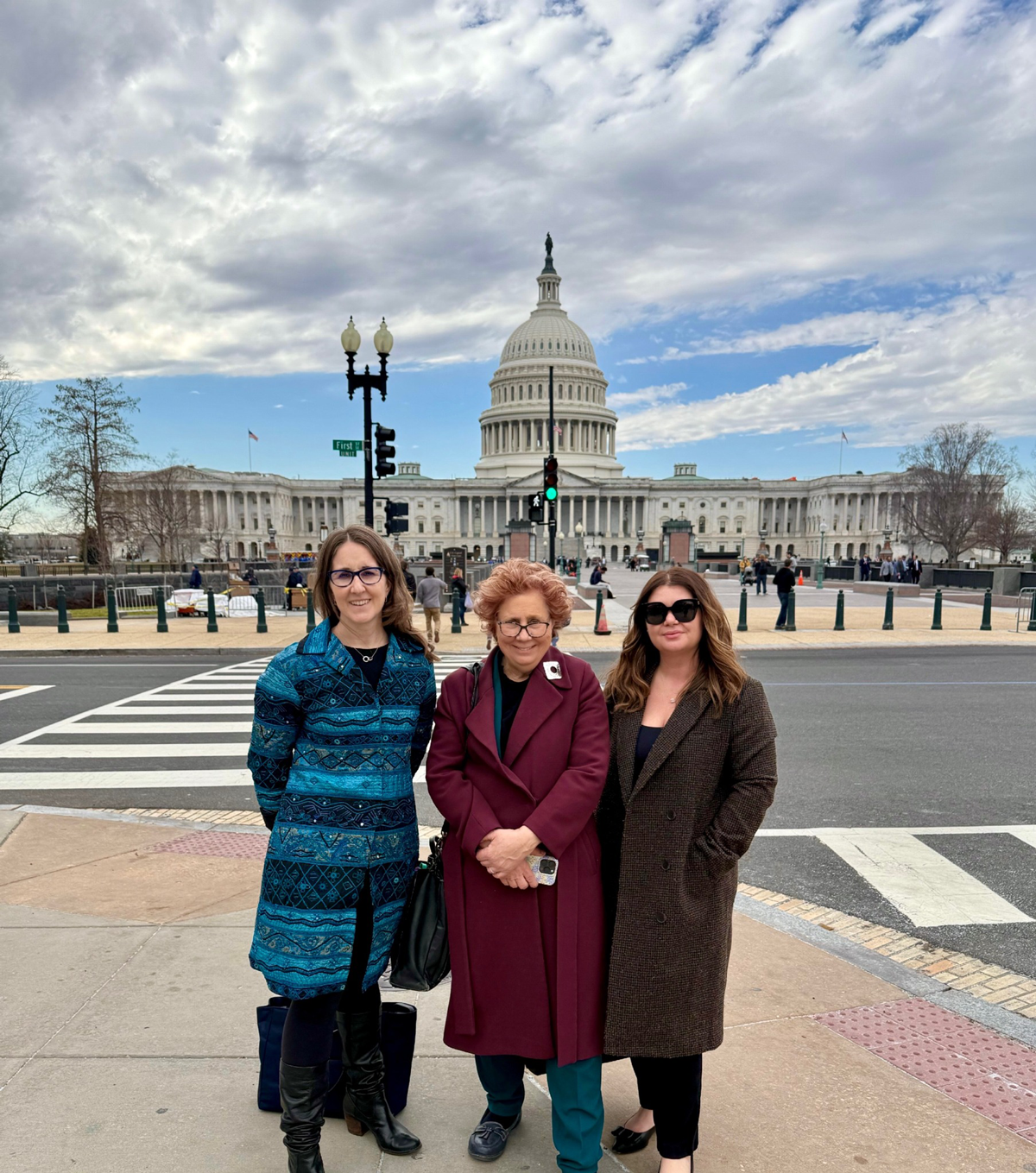
- Home and Community-Based Services (HCBS)
- Personal Care Assistance
- Speech, Occupational, and Physical Therapy
- Behavioral Health Services
- Employment Support
- Respite Care for Family Caregivers
These services are tailored to support daily living and empower people to be active, contributing members of their communities.
Why is Medicaid especially important for individuals with I/DD?
Many individuals with I/DD don’t have access to employer-based insurance due to limited work opportunities. Medicaid fills that gap, offering comprehensive coverage and life-enabling services. Without it, millions could lose access to the care they depend on to thrive in their homes, workplaces, and neighborhoods.
According to The Arc, Medicaid covers health care costs for 80 million Americans, and more than 711,000 people are already on the waiting list for HCBS funding, with 73 percent of those being people with I/DD.
What would happen if Medicaid funding were cut?
Proposed federal budget cuts would slash Medicaid funding, putting millions at risk. Advocates and disability rights organizations are sounding the alarm, warning that these cuts would unravel vital safety nets, deepen waiting lists, worsen the workforce crisis, leave millions uninsured, increase isolation, hardship, and inequality for individuals with disabilities.
People might lose:
- In-home and community support services
- Access to therapies and medical care
- Opportunities for employment and independence
- Caregiver support, leading to burnout and crisis
In worst-case scenarios, individuals could be forced into institutional care, undoing decades of progress toward community integration and personal choice.
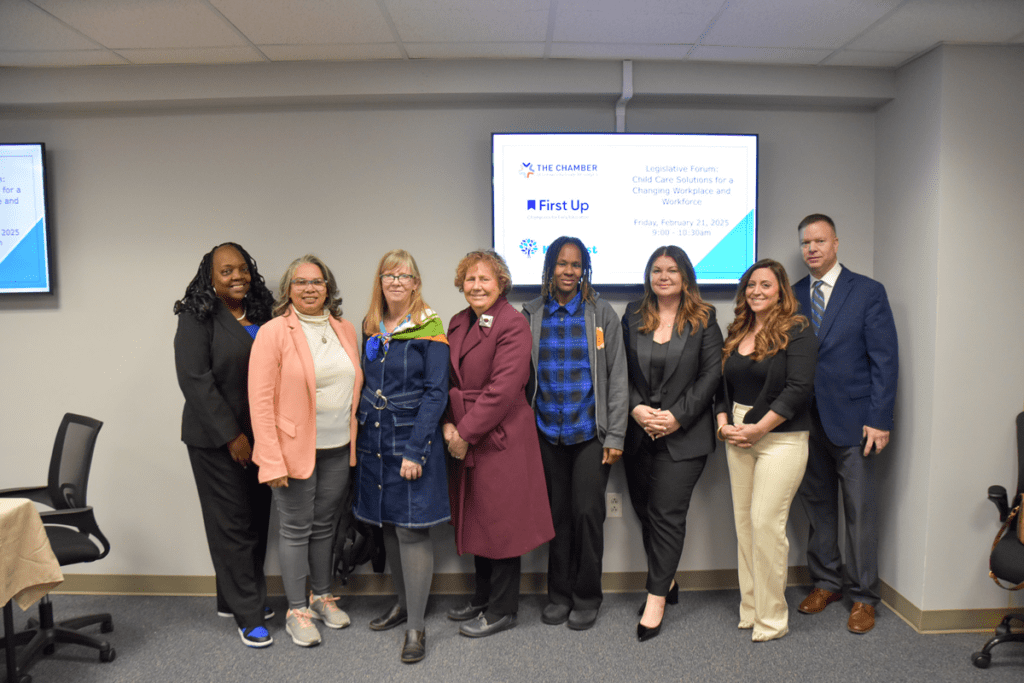
How can people take action?
Staying informed and speaking out matters. Contact elected officials, share stories from your community, and advocate for policies that protect and strengthen Medicaid. Every voice counts when it comes to preserving the rights and dignity of people with disabilities. Together, we can ensure that people with I/DD are not left behind.
Want to learn more about how KenCrest is taking a stand?
Watch our recent Town Hall, where President and CEO Marian Baldini shares how Medicaid cuts could impact the people we support—and what we’re doing to advocate for change.
